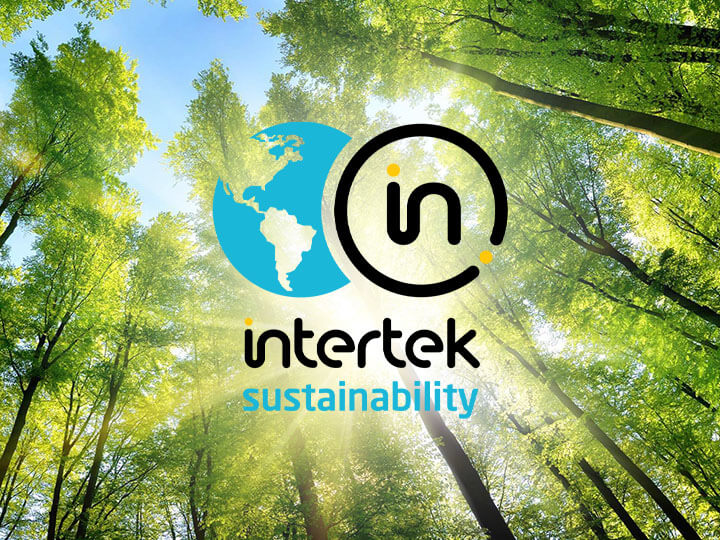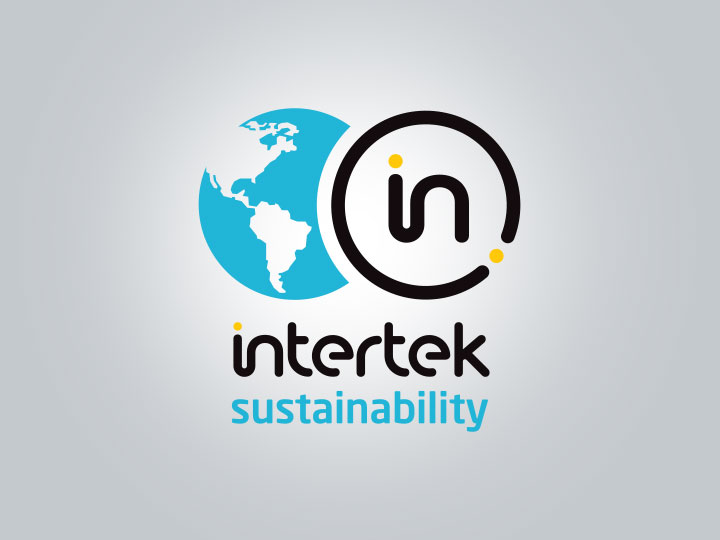Intertek Compostable Certification Program
Intertek's Compostable Certification validates the ability of products to decompose in industrial and home compost environments—without negatively impacting the quality of the compost. This certification applies to any product that has the potential to be composted – from packaging and service ware to textiles and other consumer goods.
Intertek Compostable Certification provides proof that products have been independently tested in labs accredited to ISO 17025 and found to meet biodegradability and disintegration requirements. This Certification also verifies that products do not degrade the quality of resulting compost with PFAS or microplastic contamination.
To evaluate the ability of products to decompose in an industrial compost facility, a product is evaluated against either EN 13432 or ASTM D6400. Although these standards were originally developed for testing packaging, Intertek applies them to a broader range of product categories in our more comprehensive program scope. For home composting, Intertek uses ISO 14855 to evaluate products' ability to decompose, again extending the scope of the standard to include non-packaging items.
Microplastics Prohibited
As public awareness and concern about microplastics in the environment continues to drive consumer decision-making, Intertek's Compostable Certification Program is designed to address this growing concern. We go beyond the conventional requirements of typical compostable product labels by mandating that certified products must not generate microplastics during decomposition.
To meet this enhanced environmental safeguard, applicants must demonstrate the absence of microplastic formation through one of two methods:
- Soil analysis before and after the decomposition test to confirm no increase in microplastic content, or
- Material data auditing to verify that the product contains no plastic components capable of breaking down into microplastics.
This requirement positions Intertek's program as a leader in responsible compostable product certification — protecting both compost quality and the broader environment from long-term contamination risks.
Comparable Compostable Programs
Intertek's Compostable Program aligns with other well-known compostable certifications in the marketplace – except that Intertek's has the add the requirement of demonstrating no microplastics are generated.
Comparable Certifications:
Home Compost Environment
| Intertek's Compostable: Home | TUV OK Compost Home |
Industrial Compost Environment
| Intertek's Compostable: Industrial | TUV OK Compost Industrial | BPI – Certified Compostable |
Home vs. Industrial Compostable Certification
The main difference between a home compost pile and an industrial compost environment is the temperature of the compost. Industrial compost consistently achieves significantly higher temperatures than a home compost pile; around 130°F (58°C) compared to 70 to 80°F (20-30°C). Materials decompose more rapidly in a higher temperature, but the standards for home and industrial compost require similar decomposition for the same timeline. As a result, a product that is certified as Industrial Compostable may not necessarily meet the stricter conditions required for Home Compostable certification.
Benefits of Certification
Use of the certification mark, which states whether the products in compostable in an industrial or home compost environment and the standard met, is only possible with certification. This registered mark of conformity may be used directly on products. Additionally, manufacturers using the same material across multiple products can streamline the certification process—potentially reducing testing requirements through material equivalency.
Certification Process
- Initial Consultation - Work with Intertek's sales team and Compostable Certification Program Manager to define the product scope and required testing.
- Sample Submission - Submit three complete product samples for testing.
- Testing and Reporting - Testing is conducted by ISO 17025-accredited labs. Final reports are typically issued 7–8 months after sample receipt.
- Certification Issuance - Certification is issued within 2 weeks of receiving final test results and is valid for 5 years.
- Annual Surveillance - To maintain certification, companies must complete an annual surveillance questionnaire.

Stay updated on Intertek Sustainability
follow us on LinkedIn

